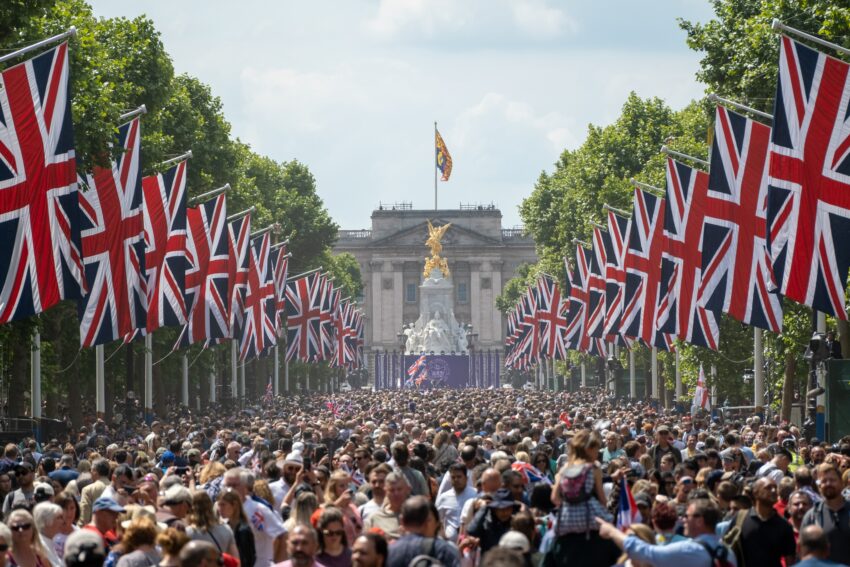The UK tourism industry is grappling with a £2.8 billion shortfall in spending, as the sector continues to lag behind pre-Covid levels, according to a recent report by the Centre for Economics and Business Research (CEBR).
The analysis reveals that the country is attracting nearly three million fewer overseas visitors annually compared to before the pandemic, highlighting a sluggish recovery in contrast to other industries that have rebounded.
In 2022 and 2023, inbound visitor numbers increased but remained below the 2019 peak of 40.9 million. Last year, the UK welcomed 38 million tourists, with projections for 2024 only slightly improving to 38.7 million, still shy of pre-pandemic figures. In real terms, spending by these tourists has also declined by 8%, translating to a £2.8 billion reduction when adjusted for inflation.
Some UK cities have experienced the most significant drops in tourism, with Brighton seeing a 32% decline, Newcastle down by 26%, and Oxford and Bath registering decreases of 23% and 22% respectively. In contrast, cities like Liverpool, Edinburgh, Inverness, and Manchester have recorded modest increases in visitor numbers, all under 10%.
The CEBR attributes the UK’s underperformance to “general cautiousness surrounding international travel,” exacerbated by unfavourable economic conditions, weak consumer confidence, and lingering pandemic effects. Moreover, Britain’s main competitors in Europe are expected to see a return to growth in visitor numbers this year, indicating that the UK is losing ground as a top tourist destination.
A key factor undermining the UK’s competitiveness is rising costs. Overall prices in 2024 are expected to be 23.5% higher than in 2019, with accommodation costs up by 35.8%, restaurant prices by 28.7%, and airfares surging by 47.6%. The abolition of the UK’s tax-free shopping scheme has further dampened the appeal for international visitors.


